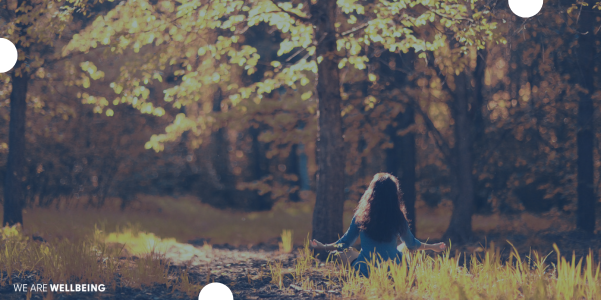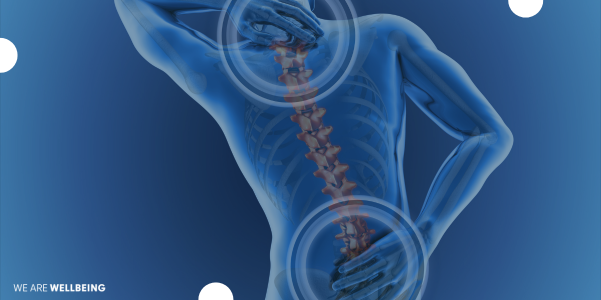Are you already missing those long summer days, or feeling excited for cosy fires and autumn walks? Whichever camp you are in, the autumn and winter months are approaching, and September is a great time to start thinking about your wellbeing during this period.
Both mental and physical health can be affected by seasonal changes, and this could be down to things like reduced physical activity, less day light hours, and changes to your mood. To put this into context, 1 in 20 people in the UK are diagnosed with Seasonal Affective Disorder (SAD), something we will cover in this article.
This can all have an impact on how you feel at work, and at home, however it certainly isn’t all doom and gloom! The incoming season brings many joys and there are steps you can take to feel content, energised and motivated.
September is the perfect time to set wellbeing goals, so keep reading and set yourself up for a successful season.
Adjusting to the new season
We still have some time until the clocks go back, but daylight hours are reducing and temperatures are dropping, sorry! You may not be able to control this, but there are areas of your lifestyle that you can influence.
Monitor your mood
The NHS describes Seasonal Affective Disorder (SAD) as ‘a type of depression that comes and goes in a seasonal pattern’ and it is more likely to affect men. For most people, SAD occurs during the winter, and signs may include persistent low mood, irritability, lethargy, feelings of despair and changes to sleep. Keeping a diary of how you feel is a good way to identify any changes.
Mood can sometimes be improved through lifestyle changes (try the things below), but if you are struggling to cope, please reach out to your GP for support. You can read more about SAD here.
Mind charity also have some top tips for dealing with Winter SAD.
Support your own body clock
You may have heard of the circadian rhythm; this is ultimately your bodies 24-hour clock. It is naturally aligned to day and night, so can be disrupted by a change in season, shift work and travel, leaving you feeling out of rhythm and lethargic. So, how can you support yourself?
- Natural light: Get as much light as possible, take regular breaks from work and get outside, your lunchbreak is a great opportunity to maximise daylight.
- Routine: Try to establish a routine and go to bed and wake up at the same time each day.
- Sleep hygiene: Things like room temperature, limiting screen time and a relaxing evening routine can make a big difference.
- Keep moving: Remain physically active during the day. Research has shown that exercise can significantly drop during the winter, so plan activities which you know you can stick to, even if it’s cold and wet.
Vitamin D Supplementation
The body synthesises Vitamin D when skin is exposed to sunlight. Due to lower sunlight strength and exposure, the NHS recommends that adults in the UK take a daily 10 microgram Vitamin D supplement between October and early March. Vitamin D is vital for bone health, muscle function, and a healthy immune system. You can read more on the NHS website.
Keep hydrated
You may feel less thirsty during the autumn and winter months. However, hydration remains important and will help you to stay alert and energised at work. It might take more effort, but keep your water bottle close, set reminders, and remember…hot drinks count!
What can I do as an employer?
As we have seen, seasonal changes can have a big impact on mood and energy. This is turn can affect your employee’s happiness, motivation and productivity. To support this transition, you can start by advocating for the above behaviours.
Do you encourage your team to take regular breaks? Could you promote more daytime movement, e.g. walking meetings? And most importantly, are you leading by example?
Regularly interacting with employees and asking how they are, also shows you care. This can be especially important for remote workers who may be more at risk of feeling isolated or lonely.
At We Are Wellbeing, we can offer workshops and webinars on winter health, sleep, physical activity and more, to support you over the next few months, please get in touch to find out more







